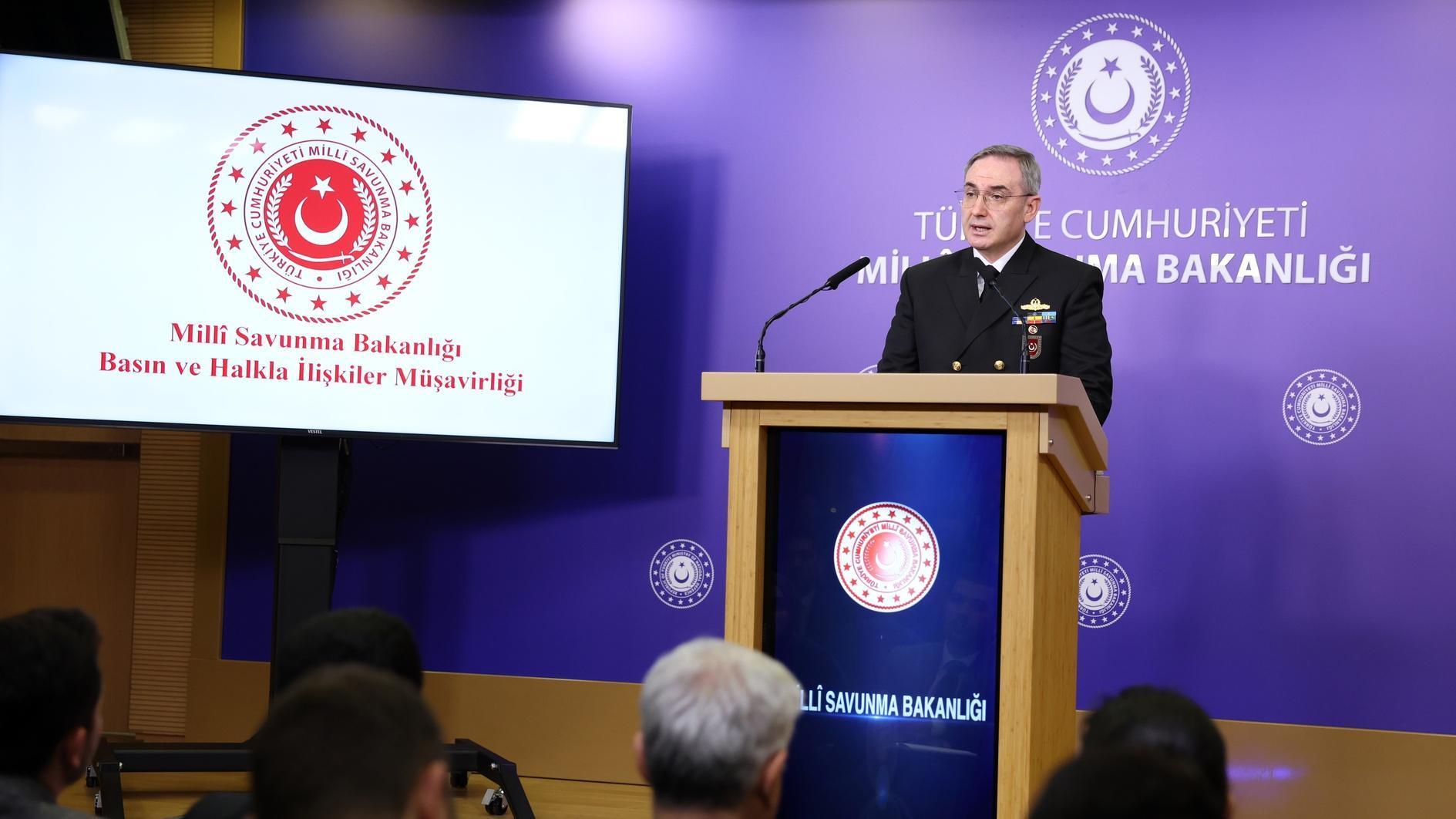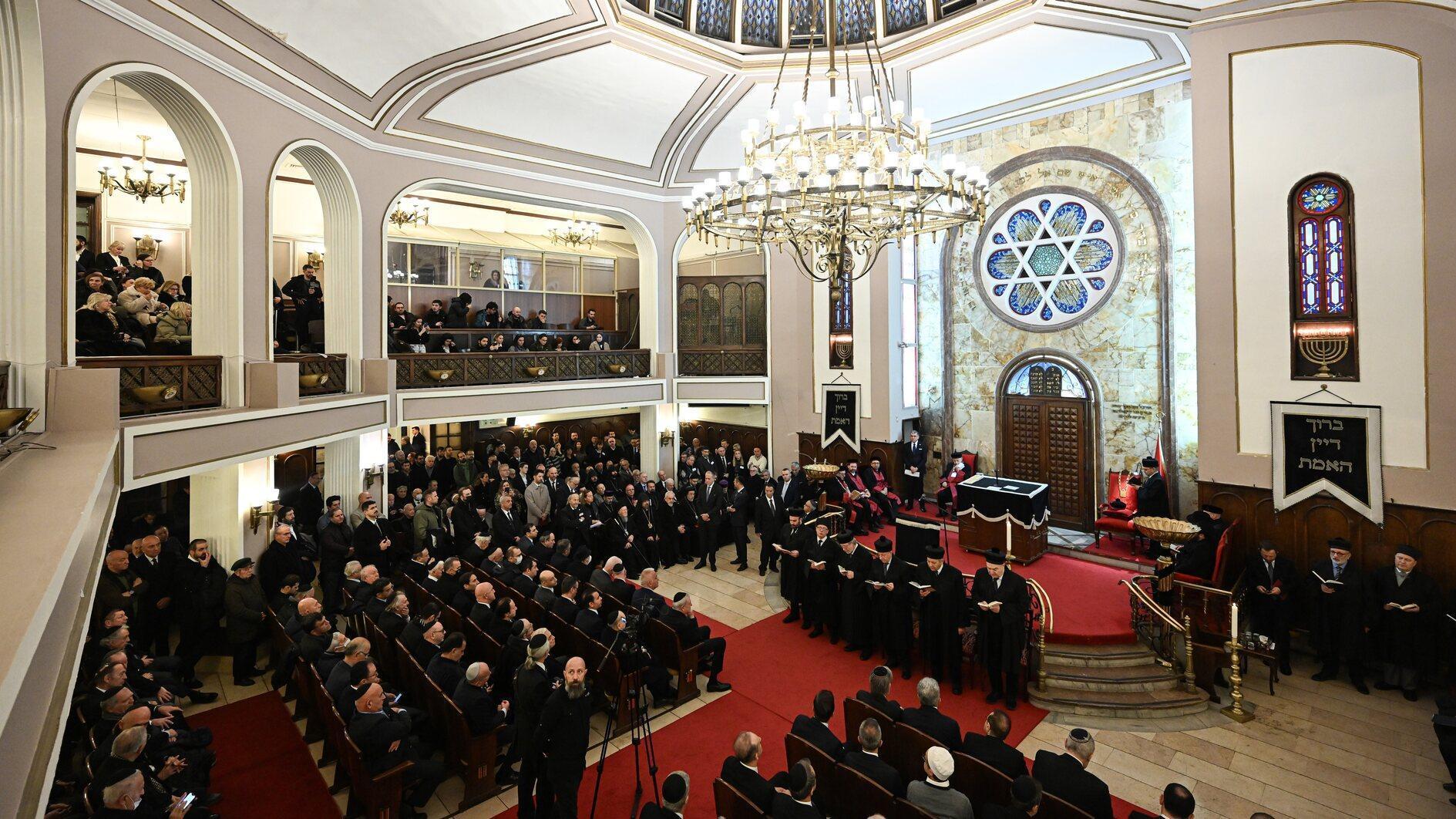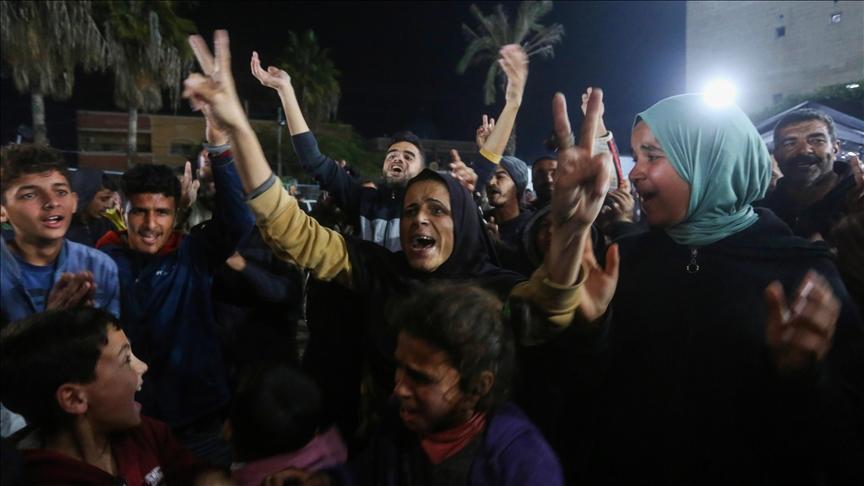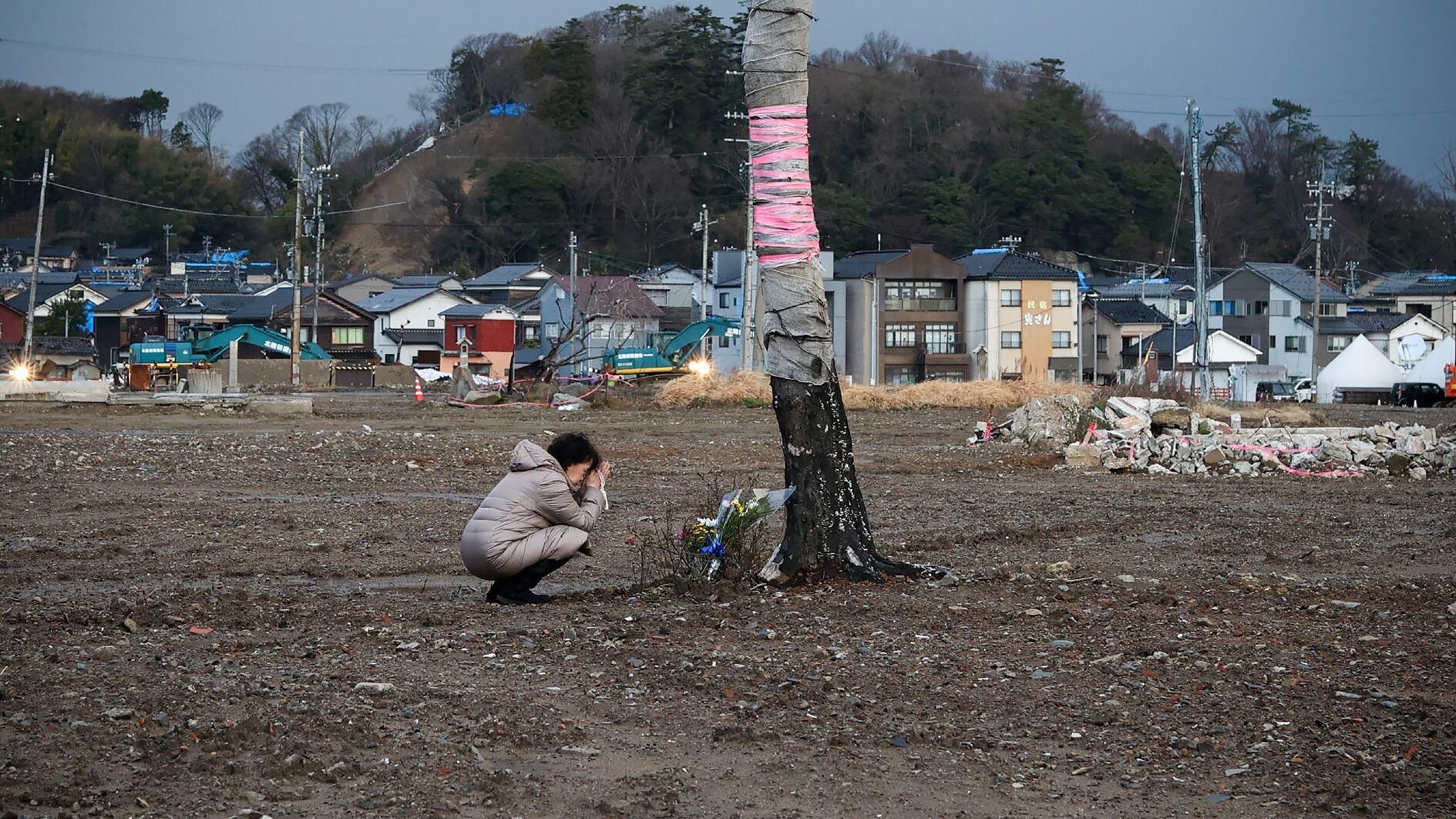US, Europe demand Libya ceasefire as embassies attacked
TRIPOLI - Agence France-Presse
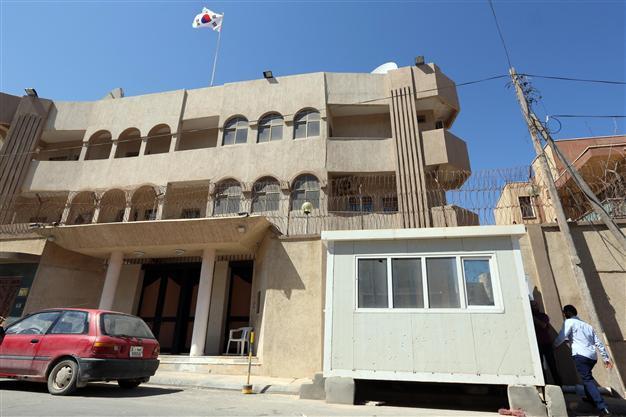
AFP Photo
The United States and European powers pressed Libya's rival factions to set an "unconditional" ceasefire at talks restarting on April 13, as two attacks on foreign embassies were linked to Islamic State of Iraq and the Levant (ISIL) militants.A bomb exploded outside the Moroccan embassy in Tripoli, causing no casualties but damaging nearby cars, a security official. Like many others in the Libyan capital, the embassy is currently inactive.
Morocco is hosting a UN-backed dialogue between representatives of the two rival governments controlling the country, separate to talks that were to resume April 13 in Algeria.
The bombing came hours after gunmen opened fire on South Korea's embassy compound from a passing car on April 12, killing two Libyan guards and wounding a third person.
An AFP photographer said a vehicle used by the security guards was riddled with bullet holes, while it appeared that the main embassy building had not been hit.
The foreign ministry in Seoul confirmed the attack, saying three South Koreans working in the embassy -- including two diplomats -- were unhurt.
That attack was claimed by ISIL militants, according to the SITE Intelligence Group, and tweets from ISIL supporters used similar wording to claim responsibility for the Moroccan embassy bombing.
"A bomb inside a bag went off near the gate of the Moroccan embassy in Bin Ashour area" in central Tripoli, the security official said, adding "there were no casualties".
"The sound of the explosion was very strong, and the (embassy) house was shaking for a few seconds," one witness told AFP.
Libya has been plagued by chaos since the end of the 2011 revolt that toppled Moamer Kadhafi, with heavily armed militias battling for control of its cities and oil wealth, and rival governments and parliaments vying for power.
The country has had two governments and parliaments since Tripoli was seized in August by the Islamist-backed Fajr Libya militia and the internationally recognised government fled to the country's far east.
Europe's leading powers and the United States pressed the rival factions to set an "unconditional" ceasefire at April 13 talks in Algiers on forming a unity government.
"We strongly urge all participants to the dialogue to negotiate in good faith and use this opportunity to finalise agreements on the formation of a national unity government," said a statement issued by the foreign ministers of France, Germany, Italy, Spain, Britain and the United States.
"Only through compromise can Libya move toward a more secure, stable, and prosperous future," they said.
The 28-nation EU fears Libya could become a direct security threat while more and more refugees seeking safety in Europe present a major humanitarian problem.
The Algiers dialogue will take place against the spectre of the ISIL's ever more violent incursions onto Libyan soil.
The jihadist group, notorious for its brutal rule of large areas of Iraq and Syria, has established branches in all three of Libya's historic regions.
It has claimed responsibility for several high-profile attacks on foreign targets in Libya, including an assault in January on the Corinthia Hotel in Tripoli and the beheading of Egyptian Coptic Christians.
ISIL has also targeted embassies in Tripoli and oil fields to kidnap foreign workers.
Last month four Filipinos, an Austrian and four other foreigners were abducted in an attack on the Al-Ghani oil field by ISIL militants killing eight guards, the Libyan unit tasked with protecting oil installations said at the time.


